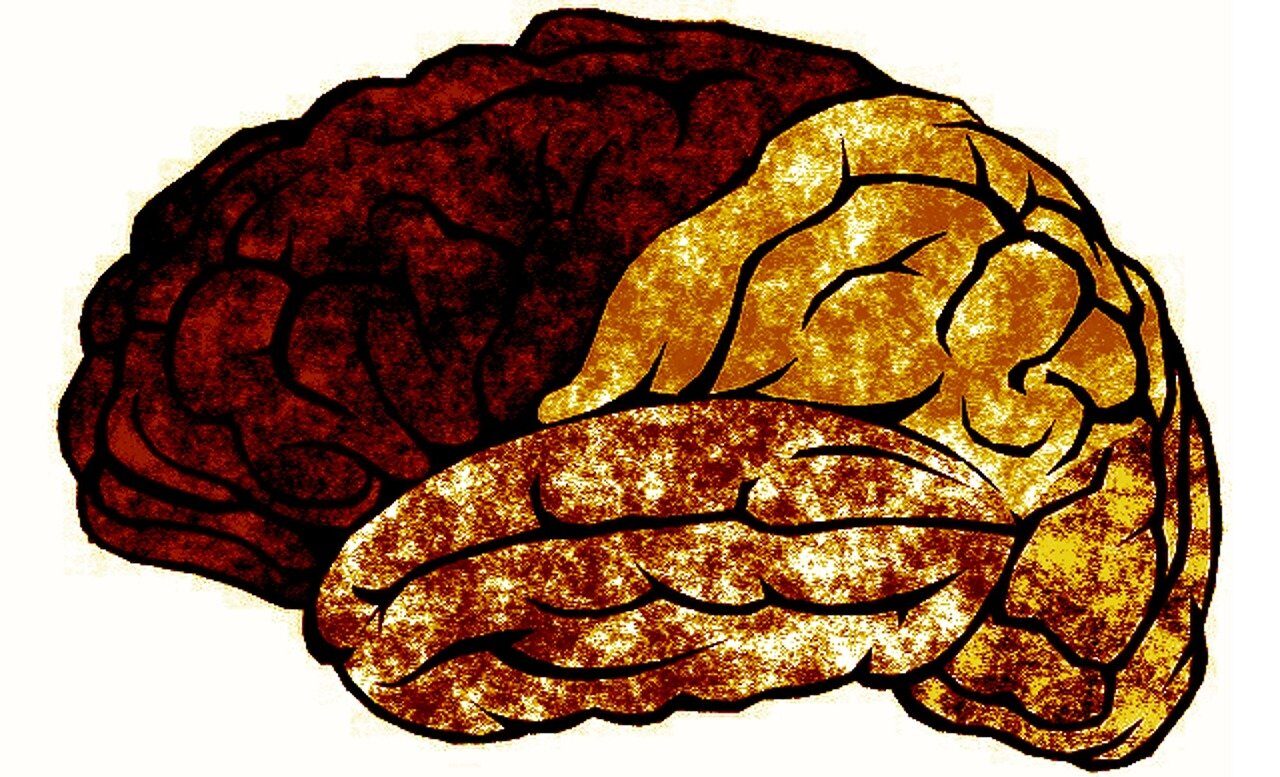A disputed question argued in the Scholastic style.
Objection 1. The unvaccinated are indeed a threat to others because the pandemic will only be overcome through herd immunity, and herd immunity can only be achieved safely and promptly through widespread vaccination. The unvaccinated are thus postponing the time until herd immunity is achieved and therefore are responsible for the heavy morbidity and mortality caused by this avoidable delay.
Objection 2. Asymptomatic infections with SARS-CoV-2 are known to occur and an unvaccinated person can transmit the virus to innocent bystanders. Therefore the unvaccinated are a threat to others.
Objection 3. The unvaccinated have an irrational fear of vaccines that is not supported by science. They have conspiratorial attitudes that are spreading through campaigns of disinformation, undermining public health institutions, and damaging social cohesion. Therefore the unvaccinated are a threat to others.
Objection 4. By minimizing the danger of the virus, the unvaccinated also dismiss the value of non-pharmacological interventions (NPIs) such as social distancing and masking. Their overall reckless behavior further contributes to the spread of the virus and to much morbidity and mortality. Therefore the unvaccinated are a threat to others.
Objection 5. The unvaccinated are much more likely to be hospitalized with COVID and to suffer severe complications that are costly to society than the vaccinated. Therefore the unvaccinated are a threat to others and should bear the cost of their healthcare if they persist in their refusal to be vaccinated.
————————–
Sed Contra, as it is said, “The healthy have no need of a physician, but the sick do.” Therefore, being healthy, the unvaccinated have no need to be vaccinated and cannot be a threat for failing to do something they have no need to do.Continue reading “Are the unvaccinated a threat to others?”








